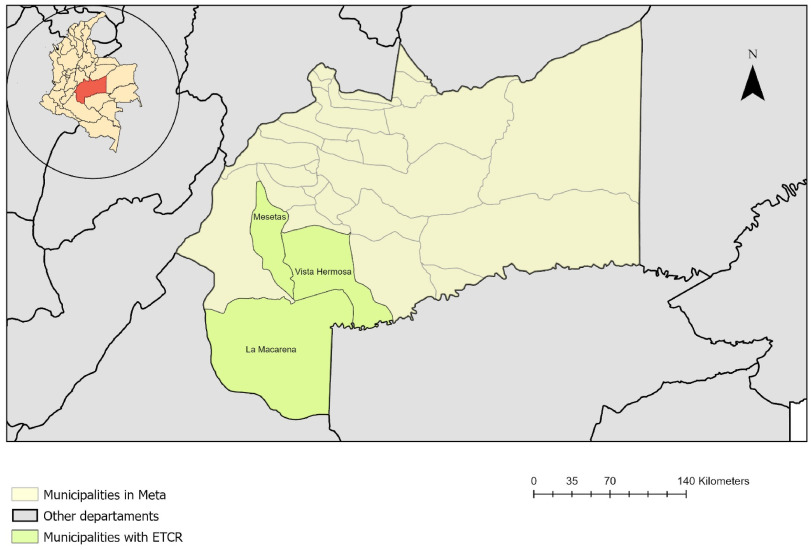Ripe for Better Post-War Governance? The impact of the 2016 peace agreement on the reestablishment of health services in Colombia
Posted on Wednesday 24 April 2024

New article by Professor Nina Caspersen in Science Direct’s Political Geography journal.
Abstract
A peace agreement represents a chance for the state to renew its social contract with the conflict-affected population. Conflict may reoccur if their expectations of a peace dividend are disappointed. However, in the existing literature there is a lack of focus on post-war public services and the challenges to re-establishing effective state governance, especially in areas with significant rebel presence. Much of the literature still assumes that conflict zones are ripe for better governance and the post-war impact of rebel governance remains largely unanalysed. Drawing on original survey data, interviews and focus groups, this mixed-methods article analyses the impact of the 2016 Colombian peace agreement on health services in areas with high conflict intensity and sustained rebel presence. In the most conflict-affected areas, it finds an increase in demand for health services but no improvement in the perceived quality of this care. In fact, in municipalities hosting FARC reintegration camps, which were specially targeted for improved healthcare, we find a decline in both demand and perceived quality. Three key obstacles are identified: 1) favourable views of wartime healthcare services provided by the FARC; 2) difficulties establishing state presence locally; 3) high expectations and mistrust of government provisions. This demonstrates the lasting impact of wartime rebel governance, and the challenges it poses to post-war state legitimacy, and adds to our knowledge of the underlying mechanisms of uneven state capacity. It thereby makes an important and original contribution to our understanding of peacebuilding obstacles and to the growing literature on rebel governance.
